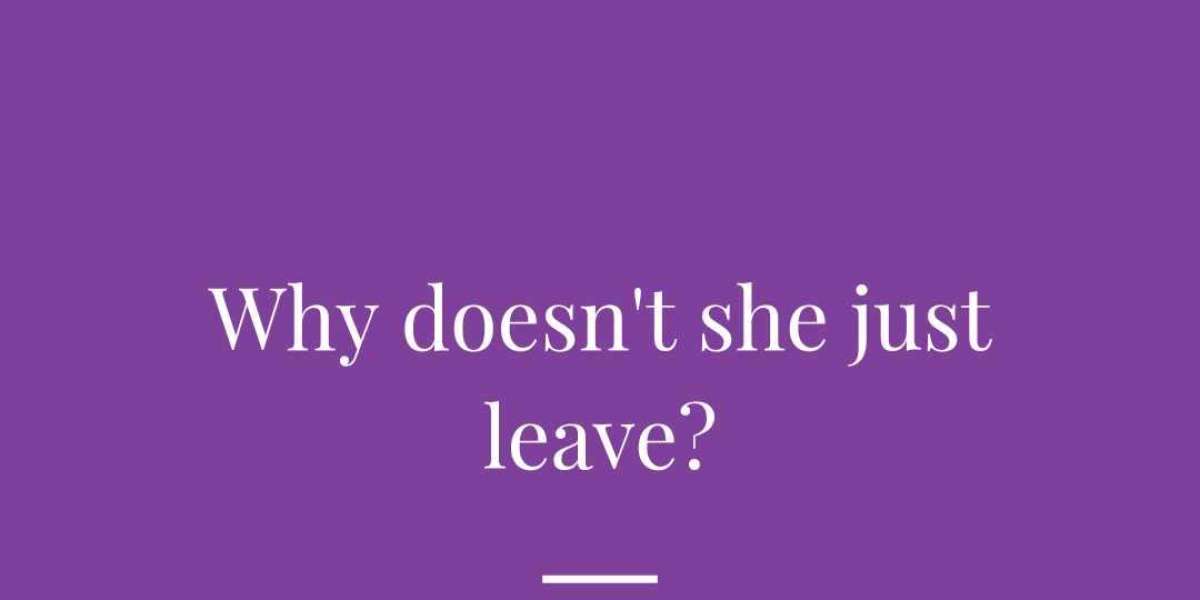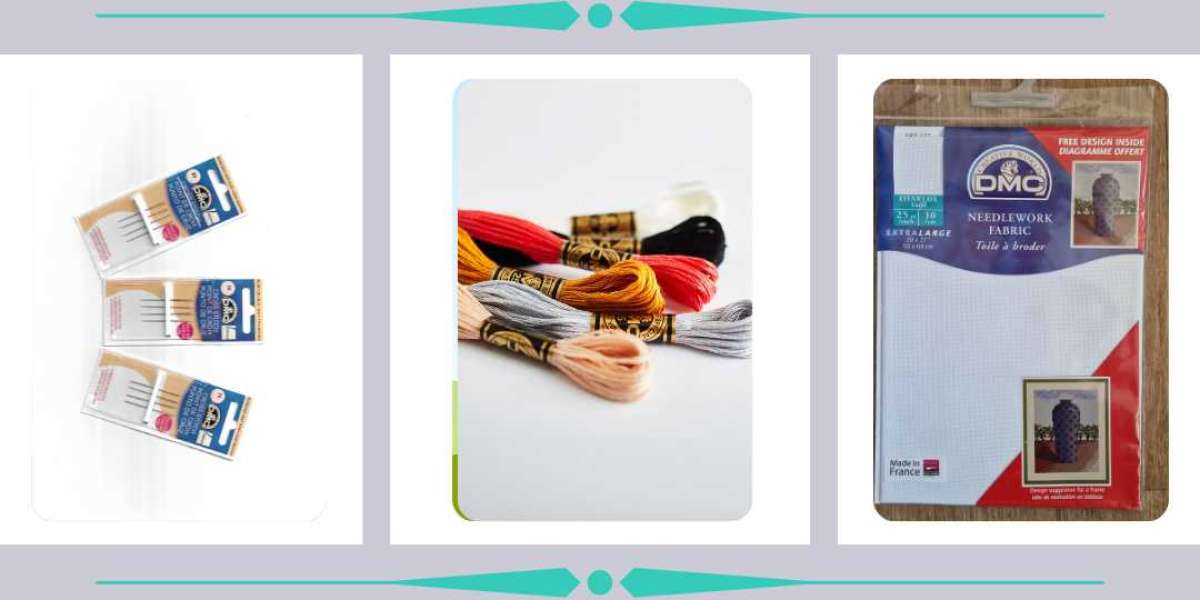Why does she stay?
A simple question to ask but not so simple to answer.
From the outside, leaving an abusive partner may seem like the most obvious thing in the world to do and can create frustration and confusion but in reality, it’s just not so straight forward.
The 4-Part cycle of abuse
One thing we have to remember is that the survivor, the person experiencing abuse, is most likely in love with their abuser, believes them when they say they’ll change and remembers the good times they’ve shared. Abuse tends to happen in a cycle of 4 parts -
Building tension - Incident of abuse - Reconciliation - Calm.
Let’s take a look at each part of the cycle to gain a better understanding.
Tension builds - The cycle typically begins with a period of tension building, characterised by increasing conflict, verbal abuse, and controlling behaviour from the abuser. The victim may feel like they are walking on eggshells, trying to avoid triggering the abuser's anger or aggression.
Incident of abuse - The tension reaches a breaking point, leading to an explosion or incident of abuse. This can take various forms, including physical violence, verbal attacks, emotional manipulation, or sexual assault. The abuser may justify their actions or shift blame onto the victim, further eroding their sense of self-worth.
Reconciliation - Following the incident, the abuser will often become remorseful and reconciliation, commonly referred to as the honeymoon phase. During this time, they may apologise profusely, express love and affection, and promise to change their behaviour. The victim may feel hopeful that things will improve and may even believe that the abuse was an isolated incident.
Calm - As the reconciliation phase fades, a period of relative calm follows. The relationship may stabilise, and the victim may feel relieved that the abuse has stopped, accepting their apology and believing that they’d never do anything like that again.
It isn't all bad, all of the time
If it was all bad, it would undoubtedly make leaving so much easier!
How many times I asked myself, why do I stay, why don’t I just leave, what am I doing here?
But things got good again, great even. Until the next time.
Plus I had children. Did I want to rip a family apart? And how would we survive, I didn’t work and couldn’t even think about working, the state of my mental health and self-esteem.
So I’d convince myself that staying was the best thing for everyone. It really wouldn’t happen again. Things really weren’t that bad. Things could have been a lot worse. It’ll all be fine.
But for me, like so many others, he didn’t change, the cycle continued until I found the strength to say that is enough. It is over. I am done.
Light at the end of the tunnel
I’d love to say that from that moment my life changed and I stepped into a power I didn’t know I had but it was a long journey, moments of despair and doubt, wondering if I’d made the right decision. It certainly wasn’t an easy road but it absolutely was the right thing to do and I’ve now been with a wonderful, loving, caring man for over 10 years who has accepted me and my children and all our quirks.
To anyone who finds themselves trapped in the vicious cycle of domestic abuse, I say this: You are not alone, and you are stronger than you know. It may seem impossible now, but there is a way out, and there is hope on the other side. Trust in yourself, believe in your worth, and never forget that you deserve love, respect, and peace. You are worthy of a life free from fear and abuse. And when you're ready, know that help is always within reach. You are not alone.
If you or someone you know is worried about domestic abuse, please feel free to reach out to me or seek help online at https://www.nationaldahelpline.org.uk/ or call 0808 2000 247 for free confidential advice.








